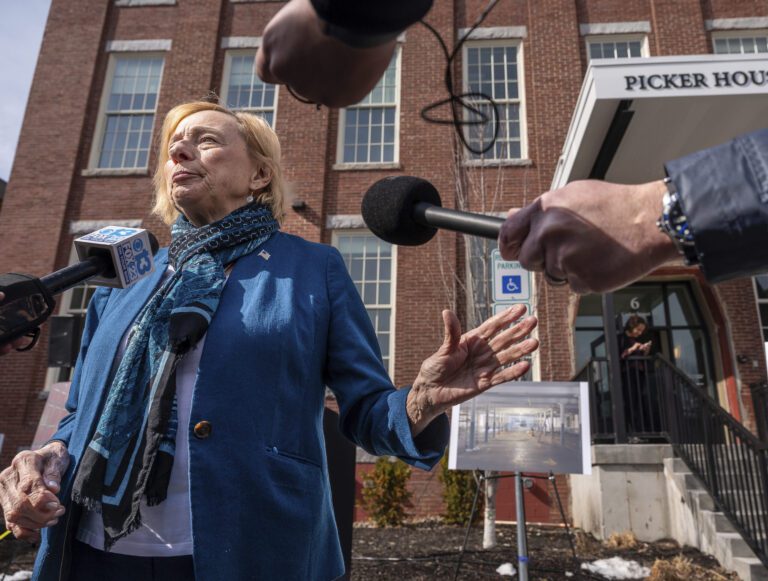Investigation into Minnesota’s Transgender Athlete Policies: Title IX Implications
The Trump administration is intensifying its inquiry into Minnesota’s policies on transgender athletes, particularly concerning the participation of a biologically male athlete in a female high school softball championship. This investigation adds to a national debate surrounding Title IX and transgender athlete inclusion in women’s sports.
Key Details of the Investigation
Background
- Participation Concerns: A male athlete reportedly played a crucial role in his team winning the state title, sparking claims of unfair advantage in women’s sports.
- Federal Oversight: The U.S. Department of Health and Human Services Office for Civil Rights has initiated an examination of the Minnesota Department of Education and the Minnesota State High School League. This inquiry seeks to determine potential violations of Title IX, which prohibits sex discrimination in federally funded education programs.
Title IX Explained
Title IX of the Education Amendments of 1972 is pivotal for ensuring fairness in sports. According to the law:
- Non-Discrimination: It prohibits sex discrimination in any education program receiving federal funding.
- Safe Opportunities: “Females cannot be relegated to the sidelines under Title IX,” states Paula M. Stannard, the director of the Office for Civil Rights.
The Broader Context
This investigation aligns with a nationwide initiative aimed at restricting transgender athletes from competing in sports that do not correspond with their sex assigned at birth.
- Executive Order: Shortly after reassuming office, President Trump signed the Keeping Men Out of Women’s Sports Executive Order. This order critiques the participation of transgender athletes as "demeaning" and "unfair" to women, arguing that it undermines equal opportunities in competitive sports.
- California’s Dilemma: Recently, the U.S. Department of Education found that California’s policies allowing biological males in girls’ sports and facilities needed reevaluation. The state has ten days to amend its regulations or face potential legal actions from the Department of Justice.
State-Level Opposition
Maine’s Legal Conflicts
Maine has faced its own challenges relating to transgender athlete policies:
- Public Disputes: Governor Janet Mills and President Trump clashed over compliance with federal guidelines, with Mills advocating for both state and federal law adherence.
- Censure Case: Republican lawmaker Laurel Libby faced censure after publicizing a transgender athlete’s details. Her case reached the Supreme Court, which ruled she must retain her legislative duties while her lawsuit is pending.
Restored Rights for Lawmakers
Recently, Maine lawmakers voted to restore all rights to Libby, allowing her to contribute fully to legislative sessions.
Other Ongoing Title IX Cases
Minnesota is not alone; investigations are also active in:
- Connecticut: Scrutinizing high school teams allowing transgender athletes.
- North Carolina: Examining similar policies in local colleges.
Conclusion
As federal scrutiny of transgender athlete policies intensifies, states must navigate the intricate balance between enforcing Title IX and evolving societal understandings of gender and sports. The outcomes of these investigations will likely set precedents for how schools nationwide approach the inclusion of transgender athletes.
For more information on Title IX regulations, visit the U.S. Department of Education’s Title IX page.
This article aims to encapsulate the ongoing discussions surrounding transgender athlete policies, highlighting the local and national implications of these investigations.


